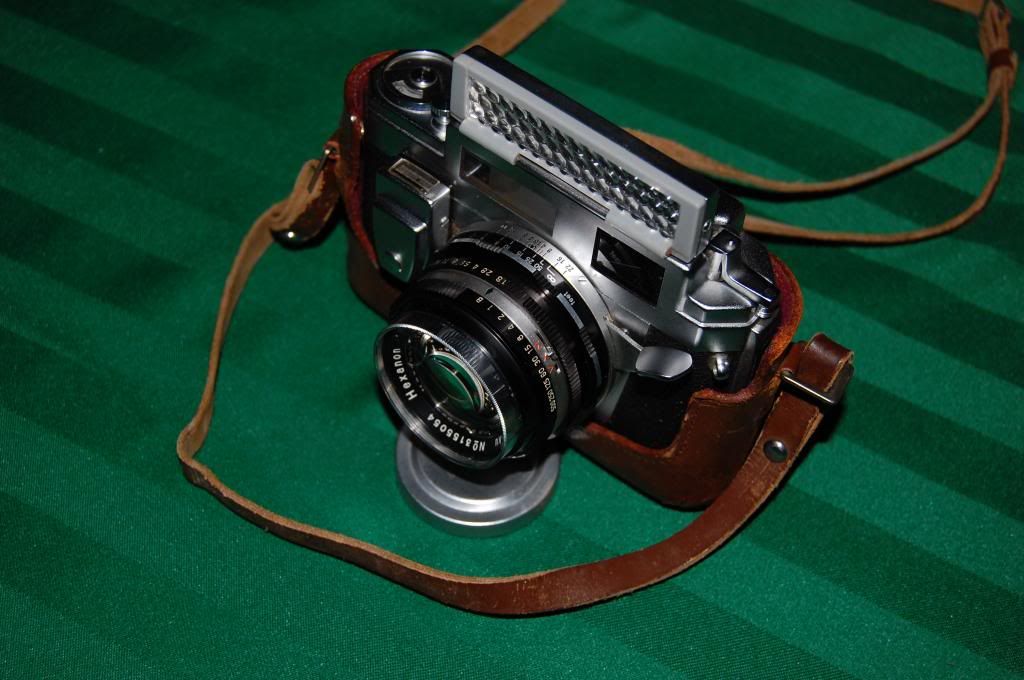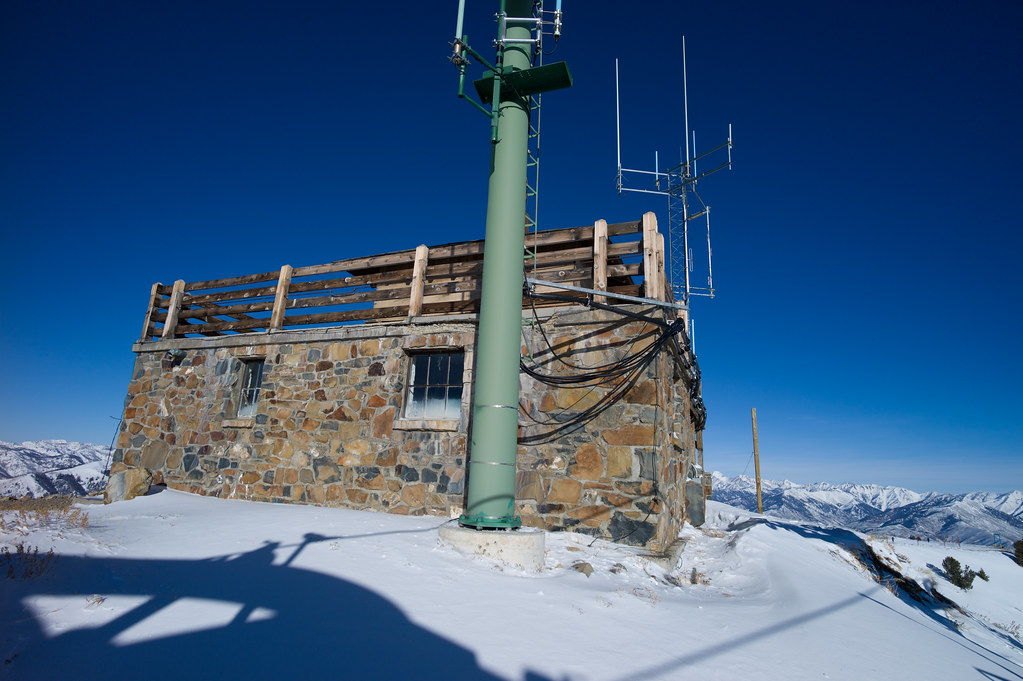shortstop
Well-known
For me the big RF advantages are:
focusing with wide angle is very uncertain with slr, not so with RF
filter utilization (polarizer apart): far better the separate viewfinder
less shutter vibration and loudness
the lenses only Leica has
On the counterpart telephoto and macro require a slr
The RF is also in medium format cameras that can be used also on street (Mamyia and Plaubel Makina); wow!
Antonio
focusing with wide angle is very uncertain with slr, not so with RF
filter utilization (polarizer apart): far better the separate viewfinder
less shutter vibration and loudness
the lenses only Leica has
On the counterpart telephoto and macro require a slr
The RF is also in medium format cameras that can be used also on street (Mamyia and Plaubel Makina); wow!
Antonio





